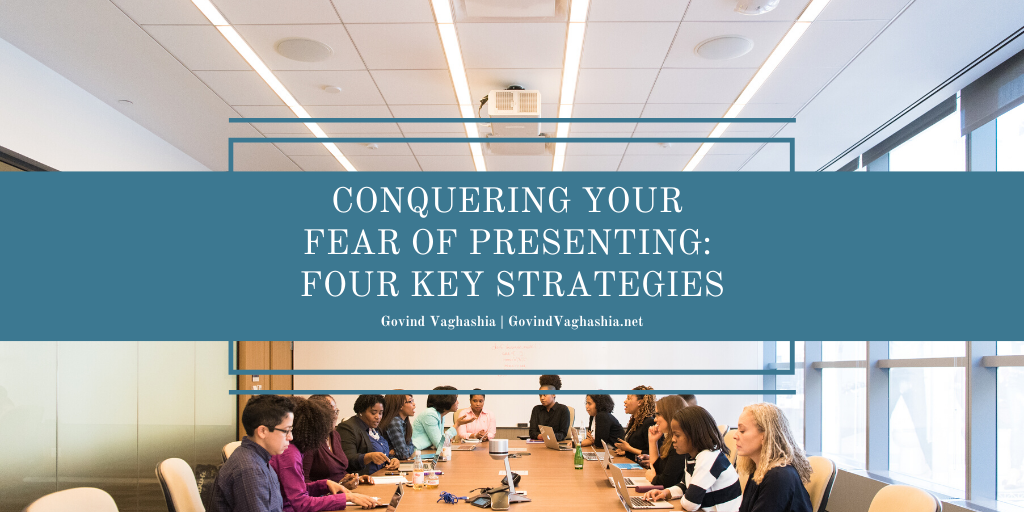Most people – even seasoned public speakers – tend to have a degree of anxiety over presenting anything in public. The way we perceive our voices, mannerisms, and more are quite different than the way others do. We tend to focus on the things that are “wrong” with us, and that affects how well the message gets delivered.
The bottom line is that, to everyone else, you look normal. You sound normal. The real trick is applying things like confidence and authority to the way you speak in public. The first few steps in that process involve preparedness. It’s preparedness that builds confidence, so here is some advice that can keep the nerves at bay:
Know Your Subject Well
The best way to communicate authority is to be an authority. Make sure your presentation is well-researched and that you are keeping good notes along the way. As you prepare, pull the best bits from your research and rework them into messaging that your audience will understand. The better you know your subject, the easier it will be to communicate those concepts.
Be Fully Prepared
Have any notes, props, or visual aids you will need to be prepared well in advance. The night before your presentation, have everything gathered in one place so you can just grab and go. Review your notes during your commute if you use mass transit or get up a half-hour early to review over breakfast.
Write The Way You Speak
These words are coming from you; they should sound like it. Don’t turn into Ernest Hemingway. Write how you speak, and don’t worry about things like punctuation, paragraph structure, etc. This is a script or outline you’re preparing. Be prepared to editorialize and ad-lib, even if you are working from a full, pre-written manuscript.
Do NOT Practice in a Mirror
This goes back to the point about looking and sounding strange. It will not help you to critique your own facial expressions, vocal intonations, your looks, your hair, or anything else while you practice. You will be well-dressed and well-groomed for your presentation. You also won’t be watching yourself, so what’s the point in practicing that way?
All of the above advice can and will help you become a better public speaker or presenter. Start putting it into practice with your next presentation.

